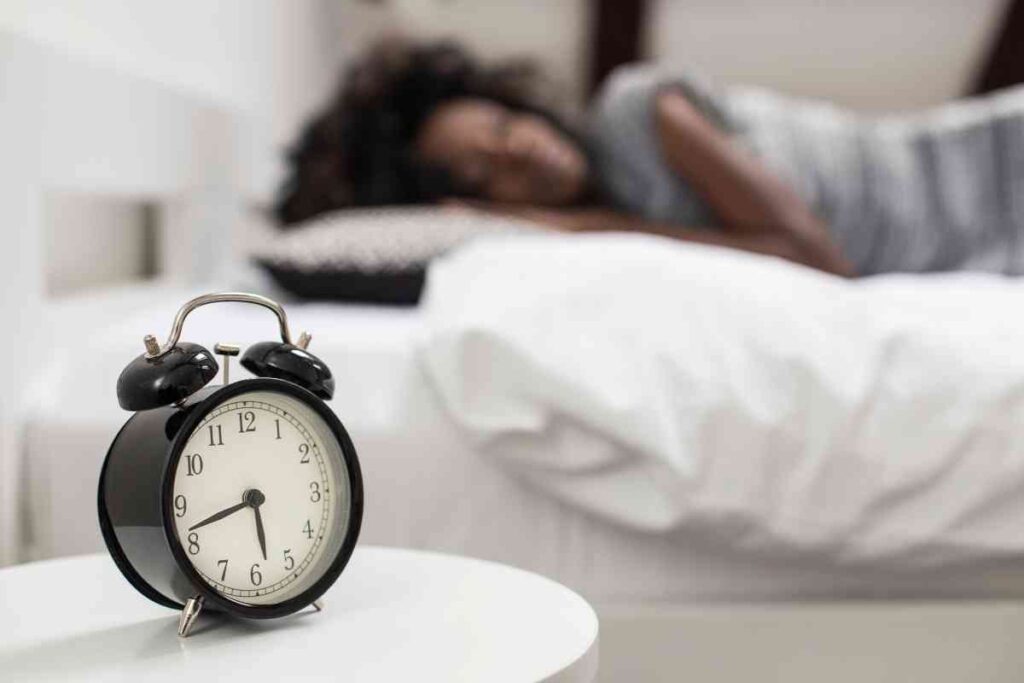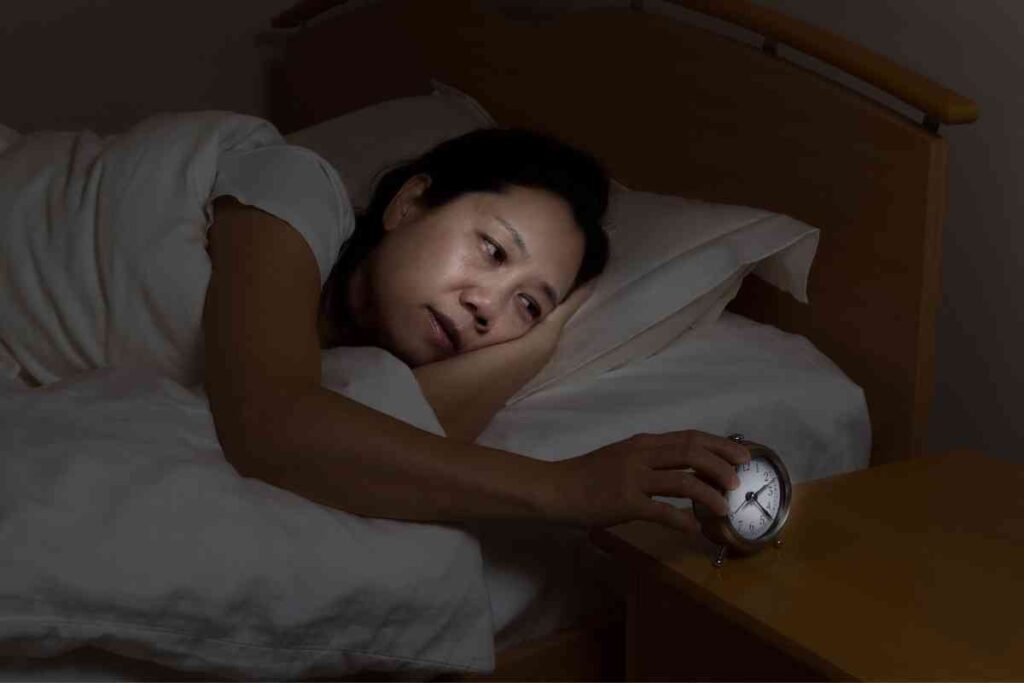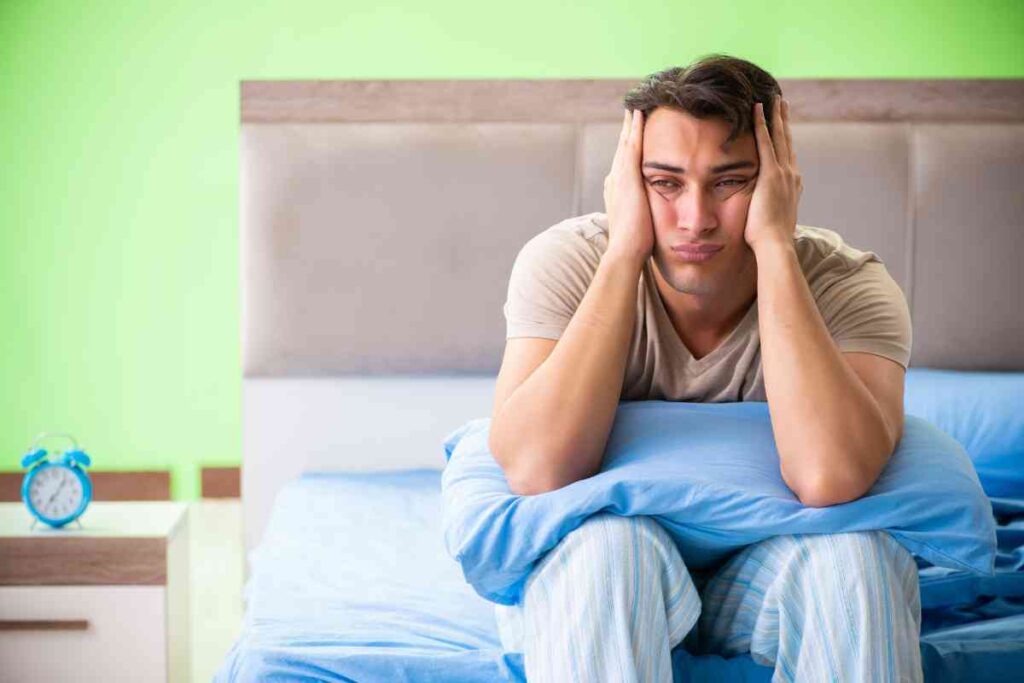Oura Ring Sleep Tracking: Everything You Need To Know!
If you sometimes sleep for a short time during the day to make up for a bad night’s sleep, does your sleep tracker recognize this? Does Oura track nap?

Does The Oura Ring Track Naps?
Yes, an Oura Ring will notice when you fall asleep, even if it is only for a short time. Many people who find it difficult to get uninterrupted sleep during the night take naps to make up for it. Oura Rings notice your naps.
I have used an Oura Ring to improve my sleep quality, energy, and happiness over the last year and it definitely works for naps.
As long as you sleep for at least 15 minutes, it will measure what stage of sleep you enter, your heart rate/variability in heart rate, and other information. Naps will affect your scores. Your sleep quality score and your readiness score will improve if you take a nap.
How to Get Nap Tracking to Work Properly
Nap tracking works automatically, you do not have to enable it. If you sleep for more than 15 minutes, your Oura Ring will notice that and record your sleep. It will then ask you to confirm that you took a nap.
After your nap, you will be able to see detailed information about the nap, plus how much the nap improved your sleep quality and readiness scores.
Remember that you have to confirm a nap when the Oura Ring asks you. Otherwise, you won’t get any details and your scores will not change.
If you sleep for more than 3 hours, the Oura Ring will count that as a regular sleep period and not as a nap.
How Does Oura Ring Know When You Fall Asleep?

An Oura Ring can tell you are sleeping based on your body temperature and movement. When you are falling asleep, your body temperature goes down, and then it goes up again as you are close to waking up.
Lack of motion, on its own, is not enough to prove that someone is sleeping. However, the Oura Ring also tracks body temperature and other metrics. This allows it to tell the difference between lying down without moving and sleeping.
Different Sleep Stages
An Oura Ring can differentiate between different sleep stages by comparing measurements to the norm for different sleep stages:
- During light sleep, your muscles may jerk rather than relax, and your breathing, heart rate, and temperature drop.
- During deep sleep you don’t move, your heart rate and breathing remain the same, and your skin temperature is high.
- During REM sleep, you don’t move (if you could move you might hurt yourself by moving during a dream), and your heart rate and breathing speed up.
How Accurate is Oura Ring Sleep Data?
The Oura Ring gives you a lot of information about how long you stay asleep, how often you wake up, and the quality of your sleep. However, is this information accurate enough that you can use it to improve your sleep? It is accurate, although not as accurate as the methods used for formal medical studies.
How Doctors and Scientists Study Sleep

When doctors and scientists study sleep quality, they use polysomnography. Polysomnography uses many different technologies plus observation to determine if you have a sleep disorder. Researchers measure the following to study a person’s sleep:
- The person’s heart rate
- The person’s breathing rate
- Eye movement (the eyes move rapidly during dreaming, also known as REM sleep or rapid eye movement sleep)
- The amount of oxygen in the person’s blood
- Skeletal muscle movements
- Brain waves
Polysomnography is the best way to get complete and accurate information about a person’s sleep quality.
Polysomnography lets you notice the changes between different stages of sleep (light sleep, REM sleep, deep sleep) to see if your sleep patterns are normal and healthy.
A healthy person without a sleep disorder alternates back and forth between REM sleep and non-REM sleep. People go back and forth between the two a few times every night.
Scientific Studies on the Ring’s Accuracy
According to a well-designed 2019 study, the Oura Ring does work to measure sleep quality, but not as well as polysomnography. The Oura Ring works well for what it is, a way to collect information about your sleep quality if you are at home.
The study shows that newer Oura Rings are significantly better than older ones. Getting a new Oura Ring and not a second-hand one is a good idea if you want accurate measurements.
A recent study showed that Oura Rings are very accurate at measuring heart rate and heart rate variability.
The researchers suggested that Oura Rings could be used medically because they are so convenient compared to more complicated methods of studying a patient’s sleep. The researchers recommend Oura Rings for long-term patients.
Is Oura Ring Accurate for REM Sleep?
Newer Oura Rings have a 90.8% chance of detecting REM sleep. This means that when polysomnography detects REM sleep, there is a 90.8% chance that the Oura Ring does.
Is Polysomnography Still worth It?
If a person is only trying to improve their sleep quality to boost their health and energy, an Oura Ring might be good enough. It is simple and convenient, and you can use it at home whenever you want.
If your Oura Ring shows that your sleep quality is poor – very little REM sleep or deep sleep, for instance – you should talk to a doctor. A doctor will then prescribe polysomnography to get more precise and detailed information.
Can You Use Oura Ring Just for Sleep?
An Oura Ring is a multi-purpose device that can do much more than track sleep. You can use an Oura Ring as a fitness tracker, or to see how well your body responds to stress. You can also use it exclusively for sleep.
You can use an Oura Ring to improve your life by making your sleep better and improving your tolerance for exertion and stress. However, an Oura Ring cannot do everything, there are many things it doesn’t measure.
What can Oura Track?
You can use an Oura Ring to:
- Measure your heart rate during exercise and when resting (a slower resting heart rate is better)
- Predict your menstrual cycle
- Measure your respiratory rate (slower breathing can calm you down)
- Measure your blood oxygen level when at rest, exercising, or sleeping
Key Takeaways
- The Oura Ring is not only for sleep. It works as a fitness tracker, plus has a few other purposes.
- Oura Rings are accurate and are becoming more accurate over time. They are not as accurate as polysomnography, but they are accurate at detecting sleep and detecting sleep stages.
- Oura rings are accurate because they take several different measurements to determine how well you are sleeping.